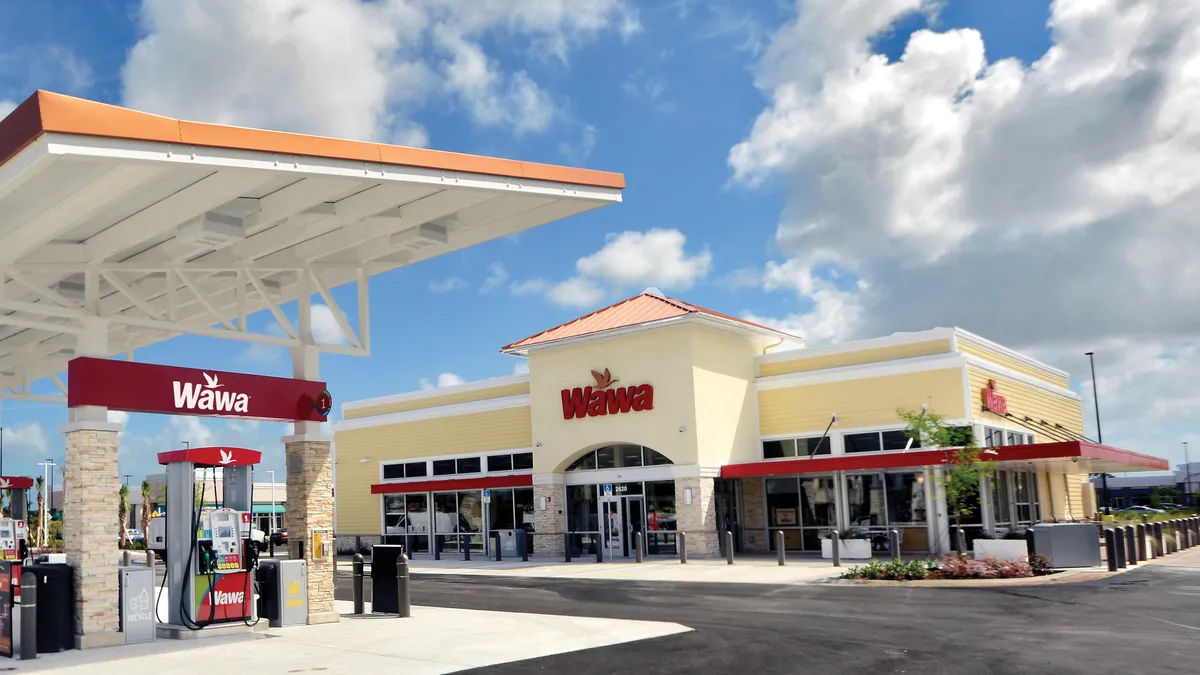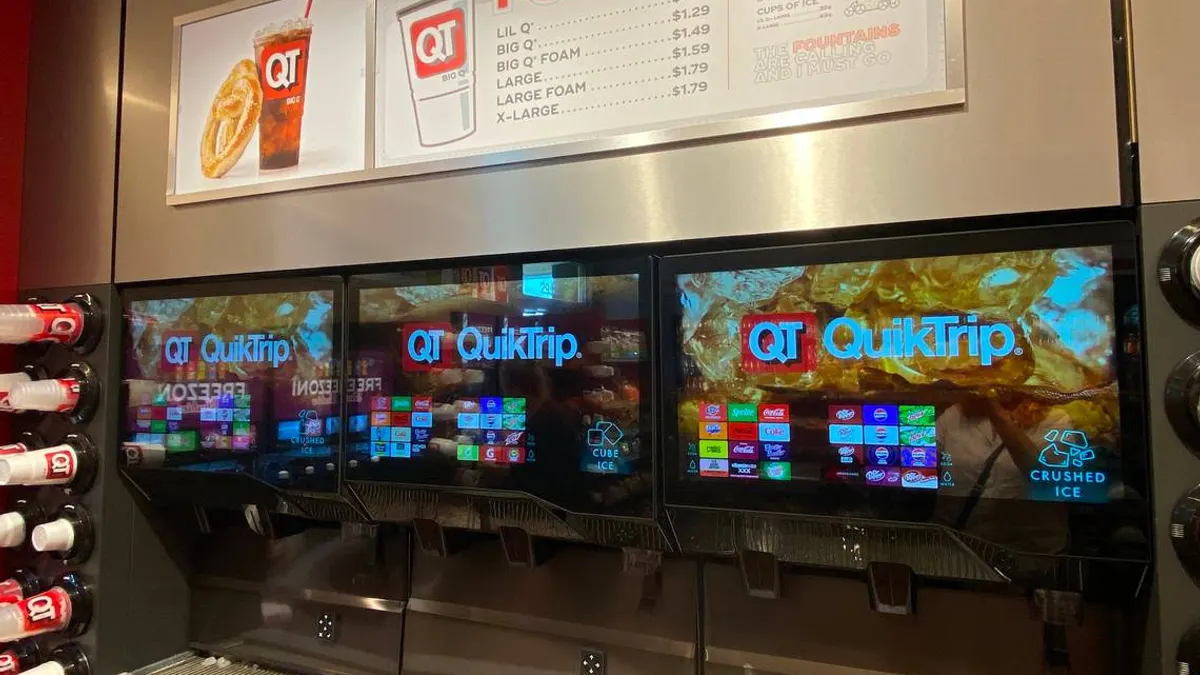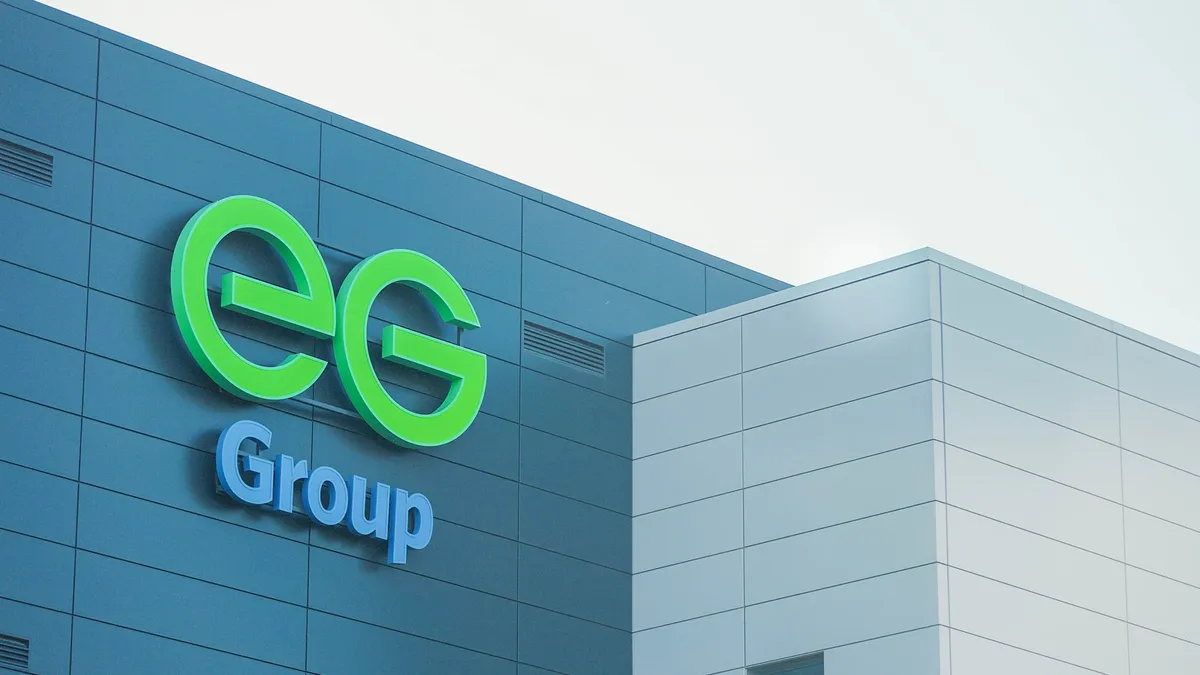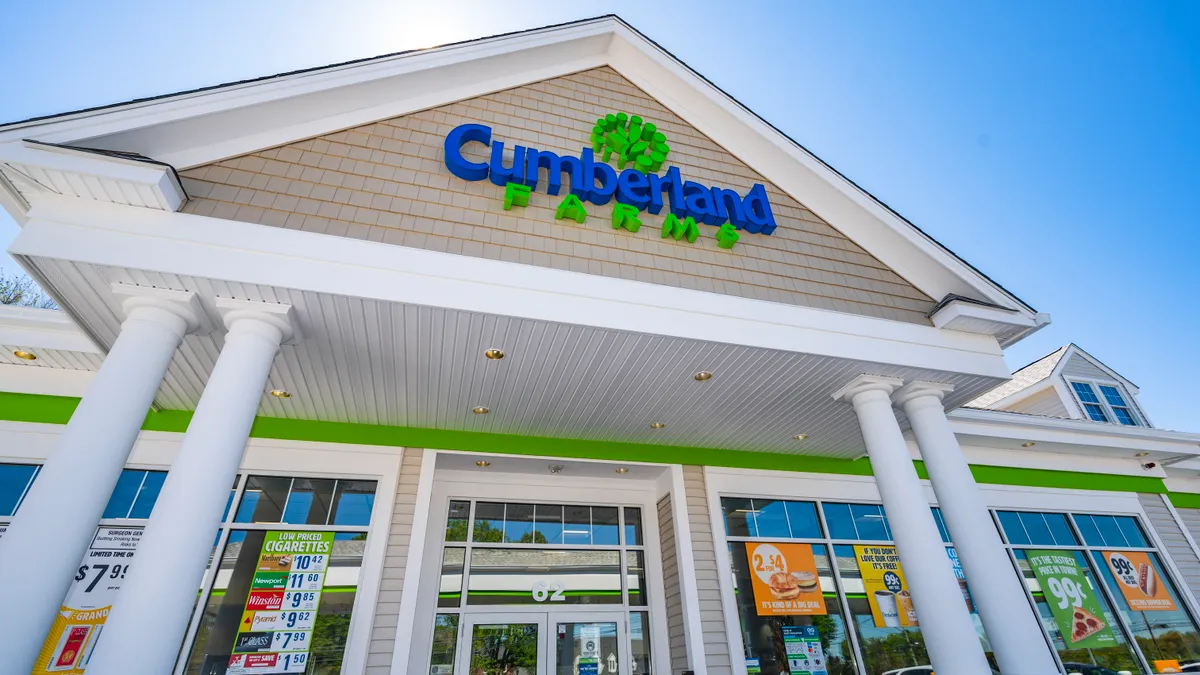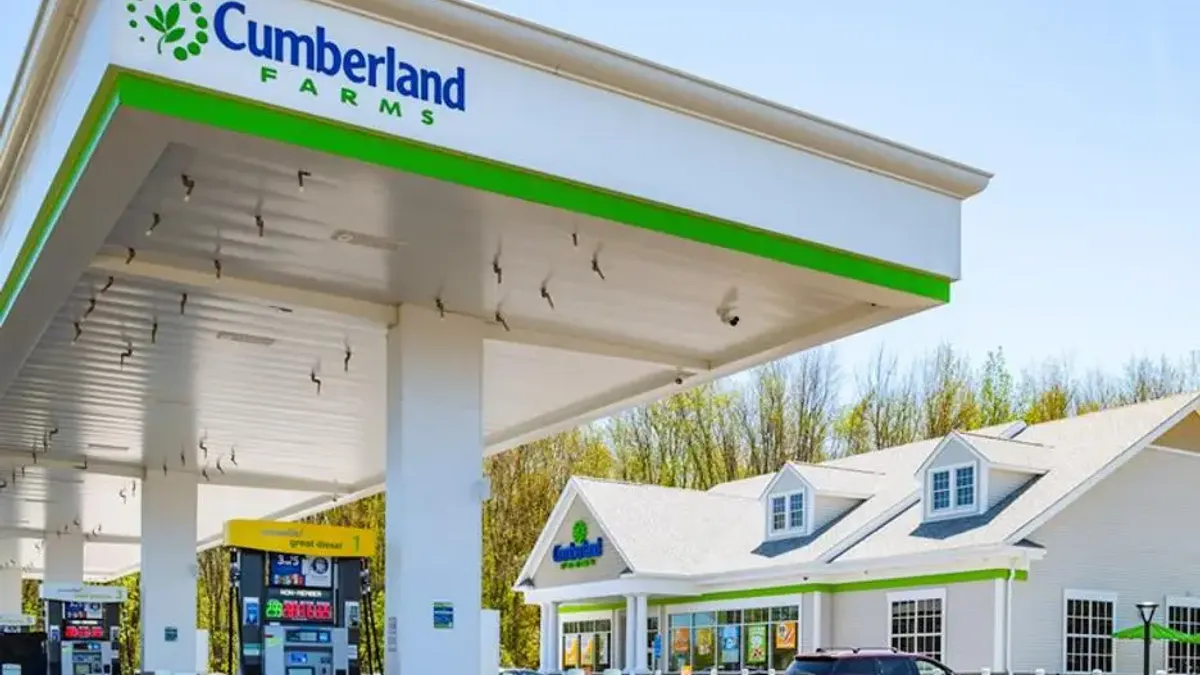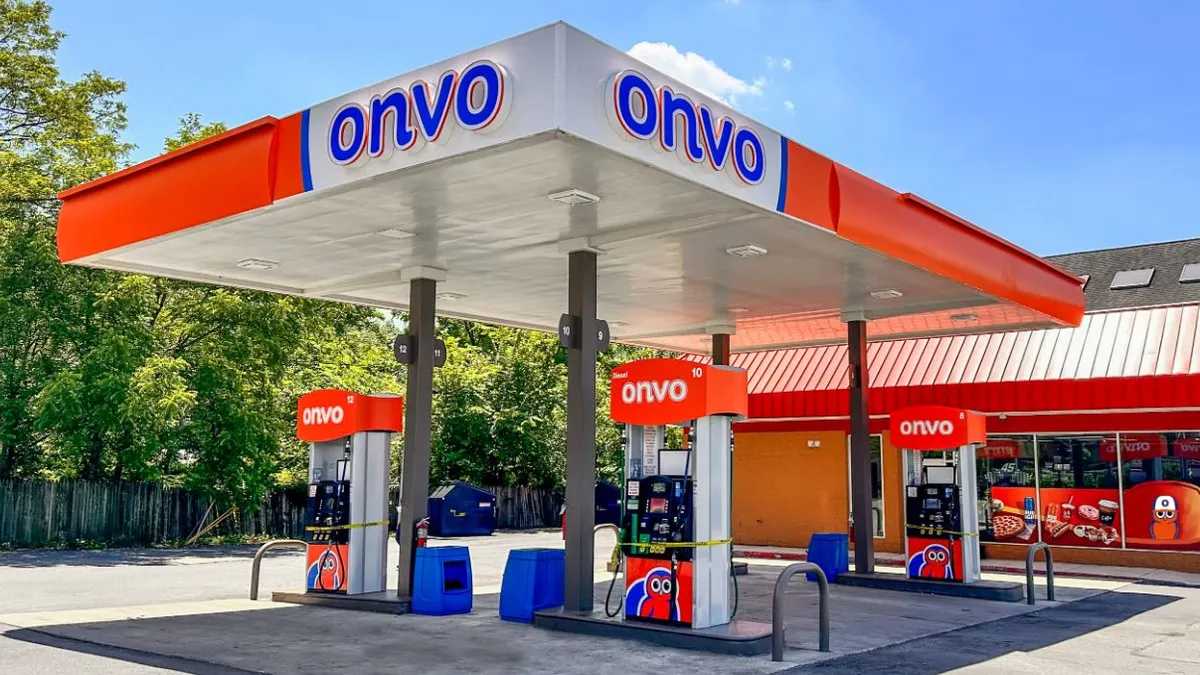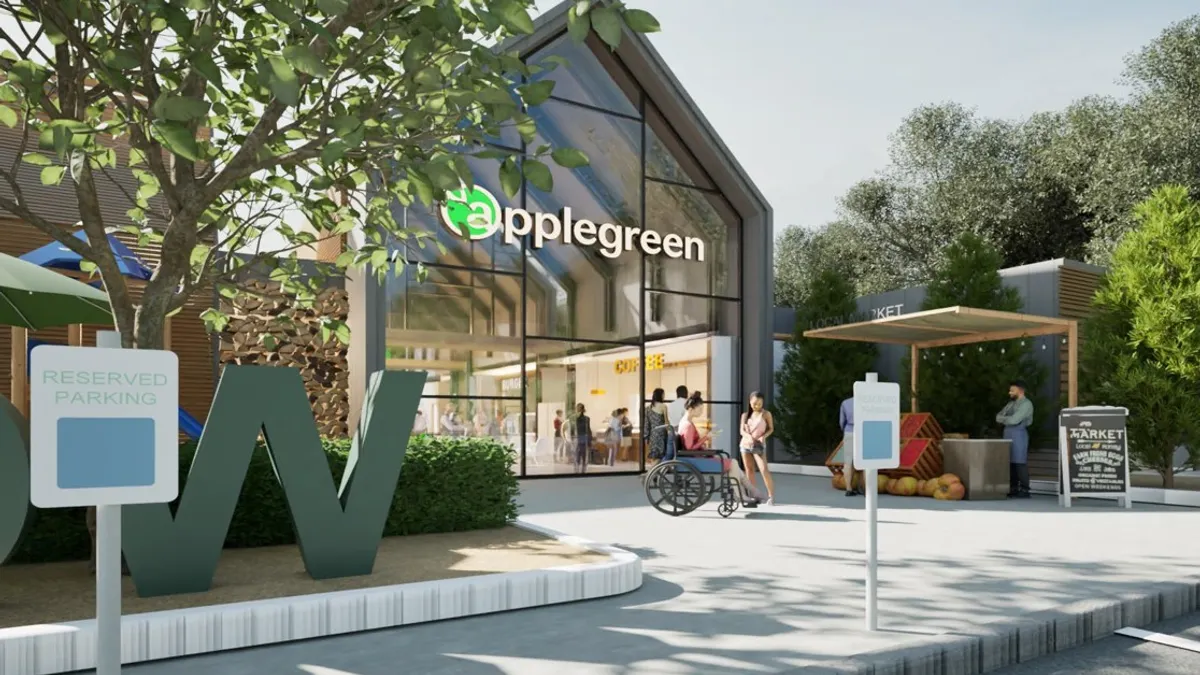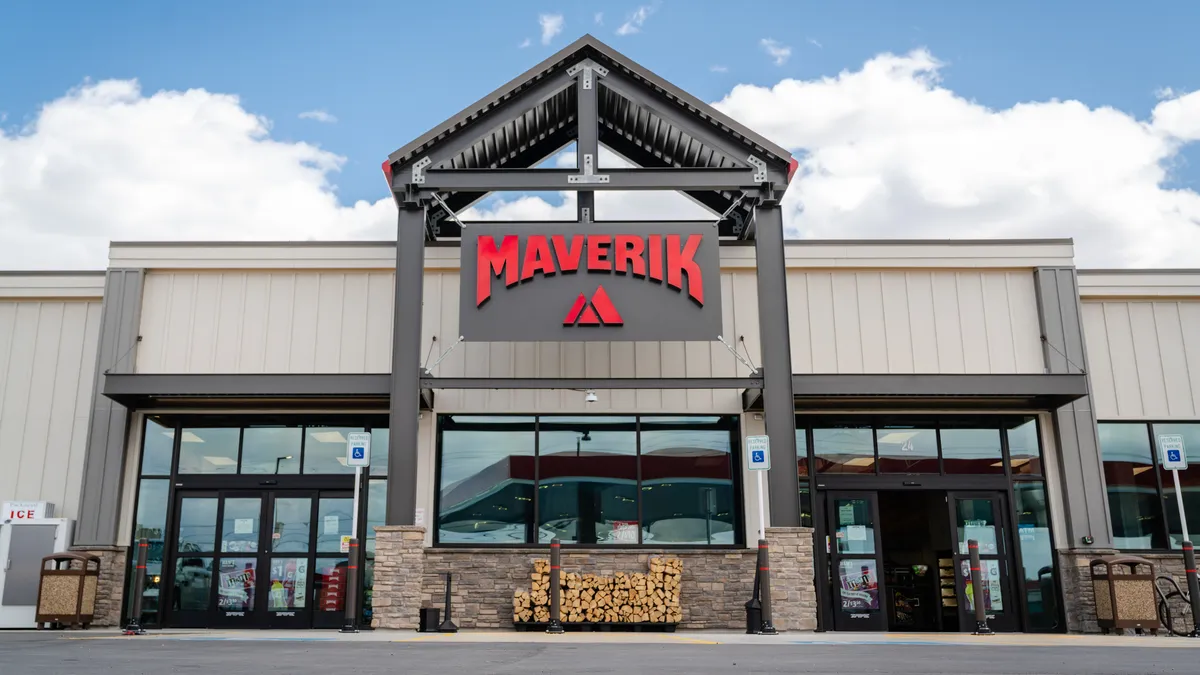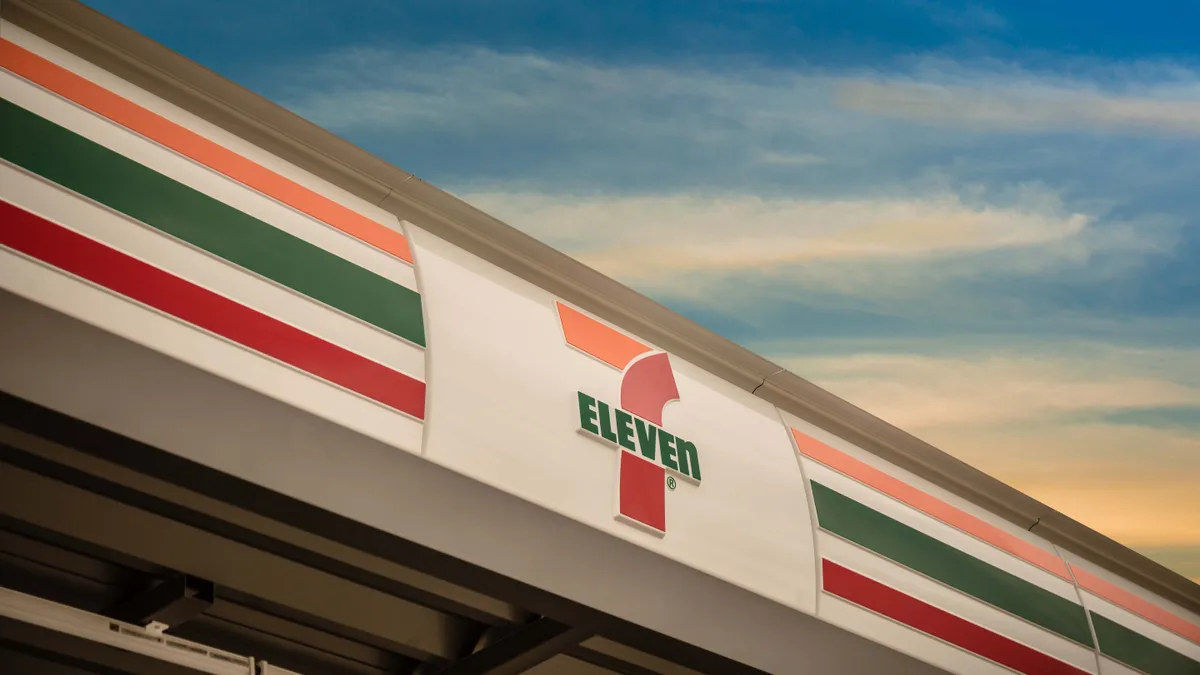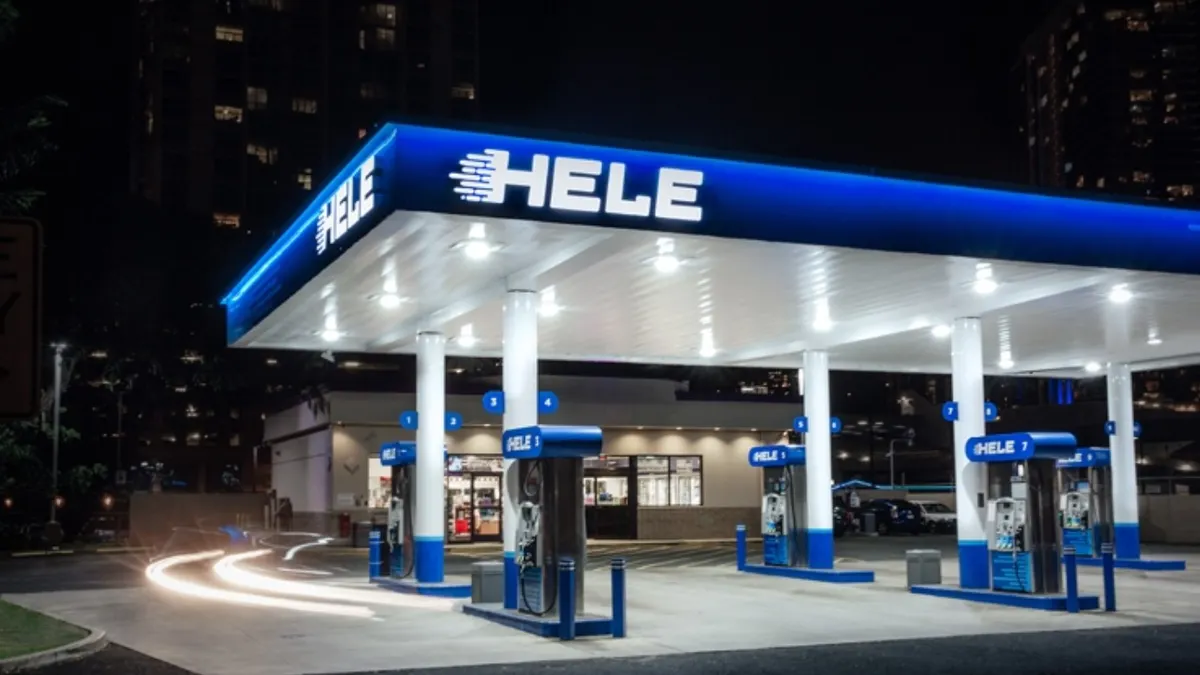Few convenience-store chains match the allure of Wawa.
The company, which has its headquarters right outside of Philadelphia, has become popular for its expansive fresh food program that gives neighboring quick-service restaurants a run for their money. Wawa has also led many of the innovations happening across the c-store industry, having implemented self-checkout, electric vehicle (EV) charging stations, fuel-less store concepts and even drive-thrus at various locations in recent years.
Whether because of its famous Hoagie sandwiches or scrappy social-media content, Wawa has developed a cult-like following over the years. When a new Wawa location is said to be coming to a region, eyebrows go up.
Jeff Lenard knows this firsthand. Not just because he’s the vice president of strategic industry initiatives for NACS, but because he’s experienced the Wawa hype. When a Wawa was rumored to be arriving in his hometown of Falls Church, Virginia a while back, “neighbors got excited,” he said.
“[The store] fell through, but the concept of hearing that a Wawa is coming to you makes people excited — and probably some competitors very nervous,” he said.
Now, Wawa wants to take that excitement to even greater heights. After years of successful growth and building its reputation, the company is trying to take advantage of its popular image by rapidly accelerating its store growth — an approach that comes with potential rewards as well as risks, experts say. (Wawa declined to be interviewed for this story.)
At the start of 2022, Wawa operated about 956 stores in seven states — Pennsylvania, New Jersey, Delaware, Maryland, Virginia, Florida and Washington D.C. Since then, the company has announced a flurry of expansion plans that would bring it to seven new states and build on its existing territories within the coming years.
In April Wawa’s CEO Chris Gheysens told the Philadelphia Business Journal that the retailer was experiencing “the most aggressive growth” in its history and planned to nearly double its store count to about 1,800 locations by 2030.
What would these ambitious growth plans coming to fruition mean for the rest of the c-store industry? For starters, having that many c-stores would make Wawa the fourth-largest c-store chain in the U.S. behind 7-Eleven, Circle K and Casey’s General Stores.
And because of Wawa’s innovations like drive-thru operations and EV charging, the implications of its growth stem beyond its store count.
“There’s lots of excitement when they expand,” Lenard said. “They’re not just opening new stores — they’re opening new concepts.”

Rapid growth and the risk of becoming ‘stale’
Wawa’s expansion plans began in March of this year when it announced details to move into North Carolina, with hopes to open its first stores in the state by the end of 2024.
A month later, Wawa announced plans to expand into Alabama with stores expected to debut “over the next few years,” and named Mobile as one of its targeted cities in the state. Around the same time, the retailer also said it was looking to extend its footprint in the Florida Panhandle region, specifically targeting Pensacola, Panama City and Tallahassee.
This move would make Wawa — which already operates around 100 stores near central Florida — a major player throughout the Sunshine State, competing with the likes of 7-Eleven, Circle K and EG America, who already have decent footprints in the region. And people in the area seem to be ready for it.
“I spoke to an editor at a Florida newspaper two years ago, and the reporter said they weren’t familiar with Wawa, but every time they write about them, it’s one of the top-read stories on their site,” Lenard said.
This summer, Wawa announced plans to double its 17-store footprint in Central Pennsylvania along the Susquehanna River over the next three to five years, with its first new store opening as early as 2024, with the potential for up to 40 additional stores in Central Pennsylvania communities. And just weeks before that, the retailer disclosed plans to open a store in Nashville, Tennessee, in 2025 — its first location in the state, which may have up to 40 locations in the future, the company said at the time.
In October, Wawa disclosed plans to expand into Georgia in 2024 and potentially add up to 20 additional sites in the state moving forward. And earlier this week, the retailer announced plans to expand into Ohio, Indiana and Kentucky “sometime after 2025.”
Lenard notes that Wawa’s immense growth offers the brand an opportunity to try its new concepts — like drive-thru and EV charging — in new markets. Some concepts may work in these new locations, while others may not. It’s all part of the “test and learn” phase of a company, he said.
“If they don’t get it right the first time but figured out something to get it right the second time, it seems like a good time to try that [concept],” he said.
Lou Maiellano, a former senior supervisor for Wawa who now works for c-store consultancy b2b Solutions, said one of the advantages Wawa will have during its expansion is the consistency in its offering and ability to be “high-octane from day one” when opening in a new market — something few c-store chains can accomplish, he said.
But while Wawa has become a beloved c-store chain by thriving in areas like foodservice, it may risk losing some of that edge and brand love by growing so fast. Maiellano said he wonders whether or not Wawa will “maintain their consistency” or “become stale” amid its growth.
“I know that if I’m in Philly, I can get an Italian Hoagie, and get that same hoagie in Kissimmee, Florida,” he said. “That’s a monumental task to perform at that level.”
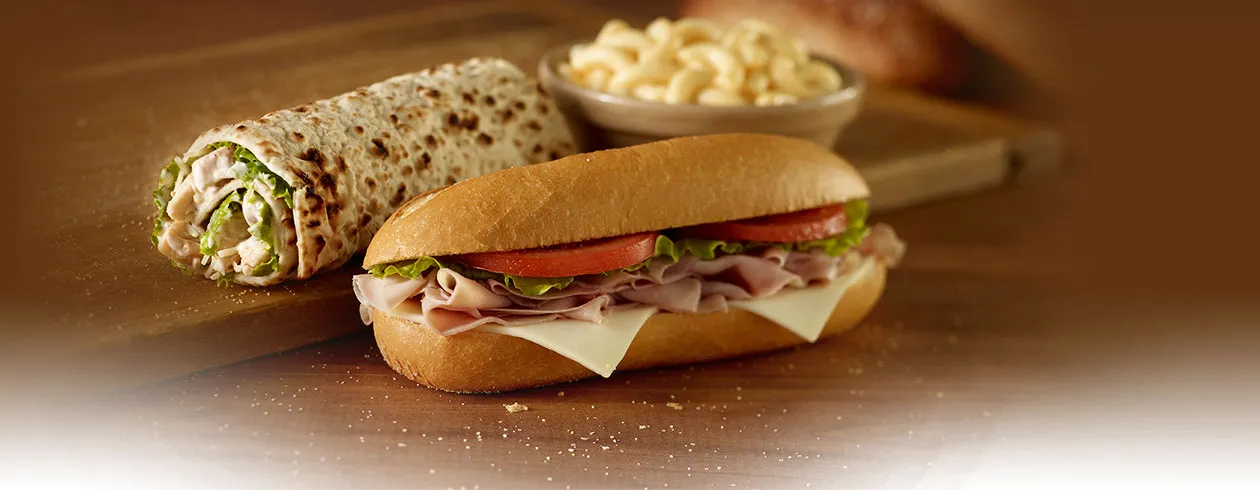
Lenard is specifically eyeing Wawa’s expansion in Florida. He said the company’s growth throughout the state has allowed it to move into other Southeastern states — such as Georgia and Alabama — because Florida transplants who’ve moved to those regions already know and enjoy the brand.
“Whether that was a deliberate strategy or not, that seems really smart,” he said.
Moving forward, Lenard expects this region of the country to become “saturated” with Wawas, similar to how the Northeast already is.
“[The expansion] means those fill-in states between Virginia and Florida are going to see a lot of new builds,” he said.
Jumping over hurdles
Of all the markets Wawa is expanding to, the one region it seems to be having difficulty growing in is at home. A little-discussed hurdle standing in the way of Wawa’s growth plans is the increasing crime rate in and around Philadelphia.
In October, reports surfaced that Wawa was “seriously considering” ceasing future expansion plans in Philadelphia due to crime concerns around the city. The retailer permanently closed multiple stores in Philadelphia and shortened the hours of others amid a wave of crime happening in the area. One case included a 100-person ransacking of a Wawa in Mayfair, Pennsylvania — about 10 miles north of downtown Philadelphia — that cost the company about $10,000 in damages.
According to the Philadelphia Police Department, the city saw nearly a 6% increase in property crime offenses — which includes retail theft — from 2020 to 2021. Those numbers have not yet been updated for 2022.
Maiellano, who moved from Pennsylvania to Tennessee over a decade ago, said crime in the region and around Wawa’s stores was still an issue when he worked for the company in the ‘80s and ‘90s. And because it continues to be a problem in the surrounding Philadelphia area, he sees it having an impact on how Wawa expands moving forward.
“They need to get out of some of these markets,” he said. “They can't put their employees in danger.”
Lenard believes, in general, c-stores are expanding to “less prized” markets — in other words, smaller, less-known cities — because of crime and because of the loss of the downtown consumer as a result of the COVID-19 pandemic. He said this applies to c-stores and major cities as a whole, and not just Wawa or Philadelphia specifically.
“Four years ago, all the stories were about how cities were the future,” he said. “The pandemic has changed that narrative, and stores that were in formerly prized areas may not be as prized now because of work-from-home and societal issues. That’s the broader picture.”
While crime in Philadelphia is certainly a challenge, it’s not the toughest task Wawa will face as it embarks on its growth trajectory. That would be finding enough qualified staff in each new region — a “major concern in their expansion,” Maiellano notes.
“There’s an attractiveness to working for Wawa, and I think they have an advantage, but the employment pool isn’t as admirable as it was in the past,” he said.
Despite these hurdles, Maiellano sees Wawa’s expansion being successful because of the “great offer and great locations” they have. And he foresees other c-stores in the regions Wawa is moving to seeing the company as a competitive threat.
“I have a friend who works for Twice Daily [based in Nashville], asked him thoughts on Wawa opening in Nashville — he said he’s retiring before they open in the region,” Maiellano said.



